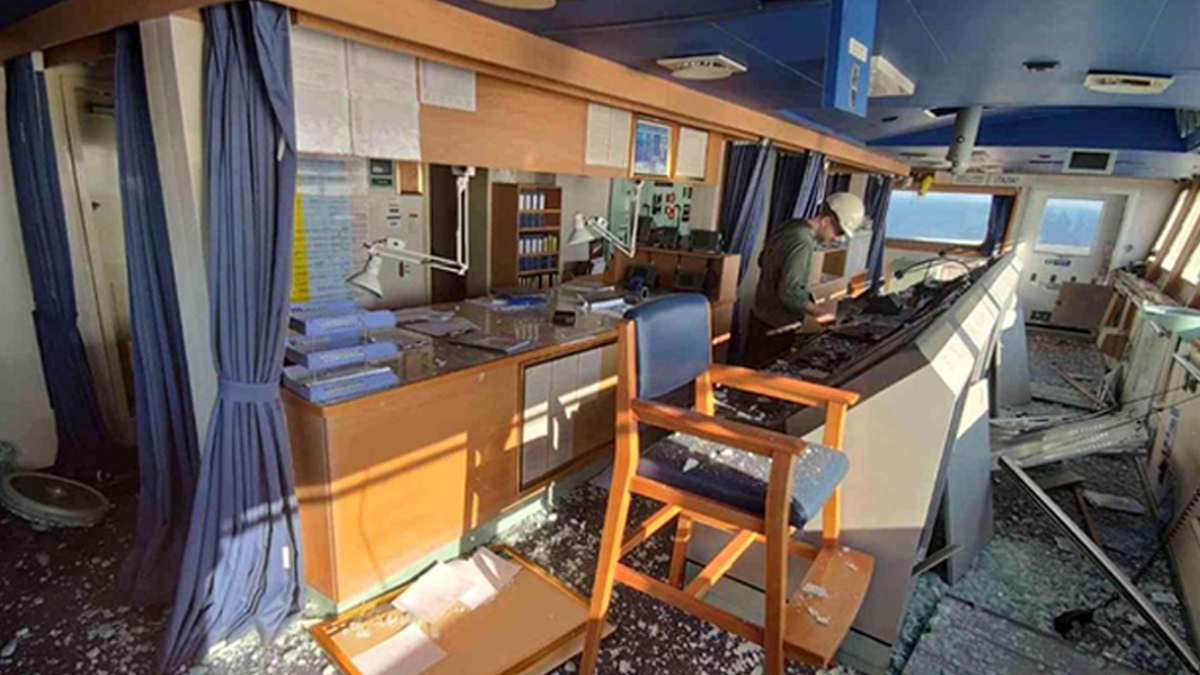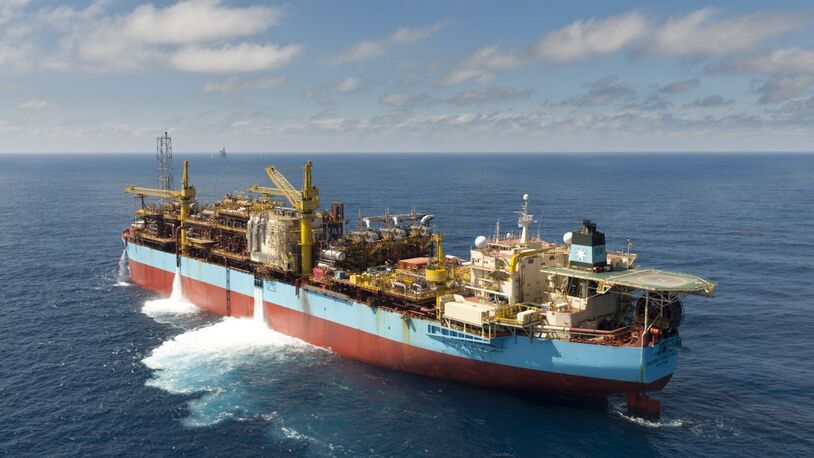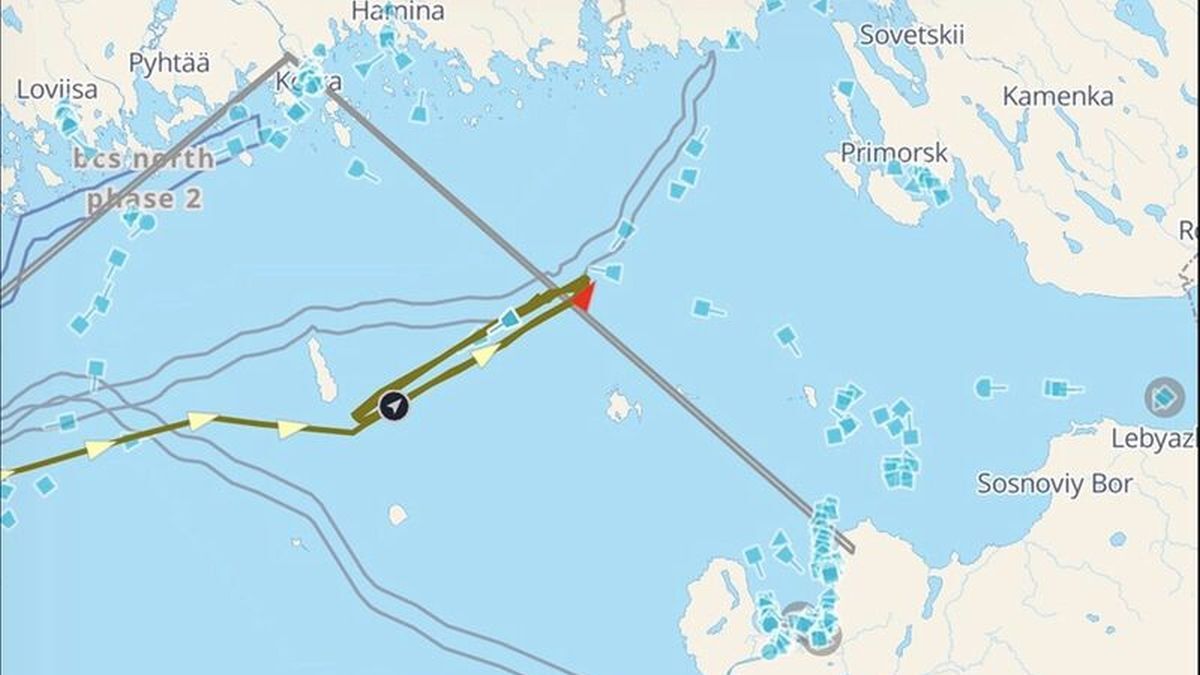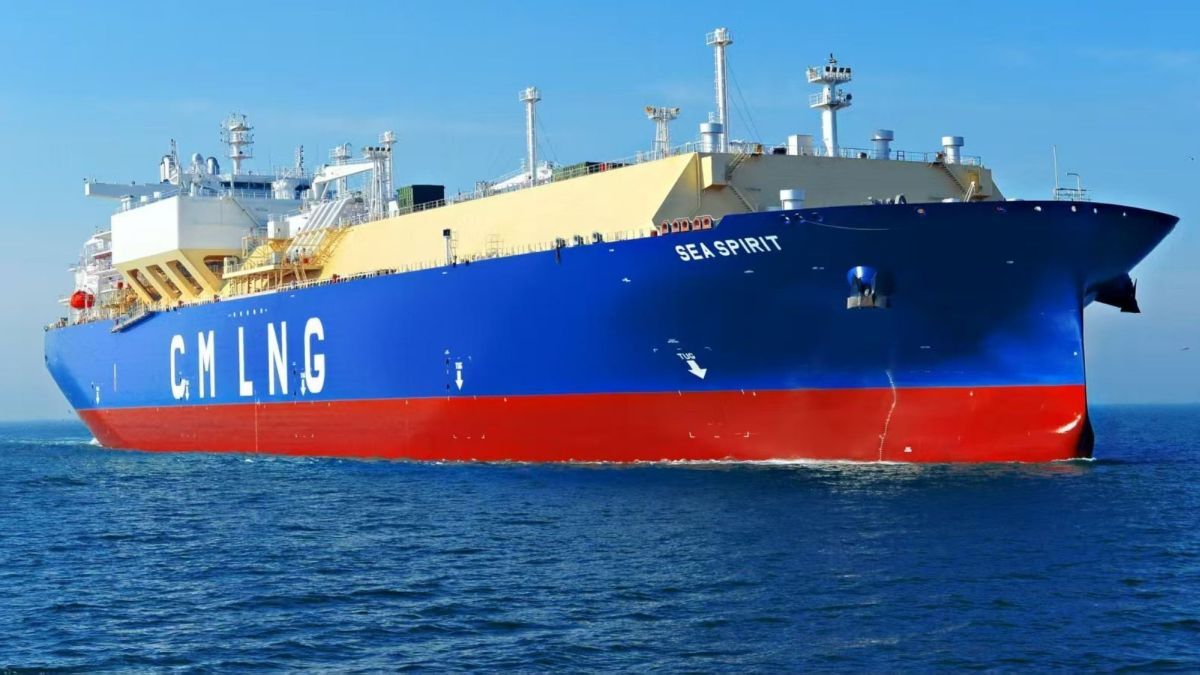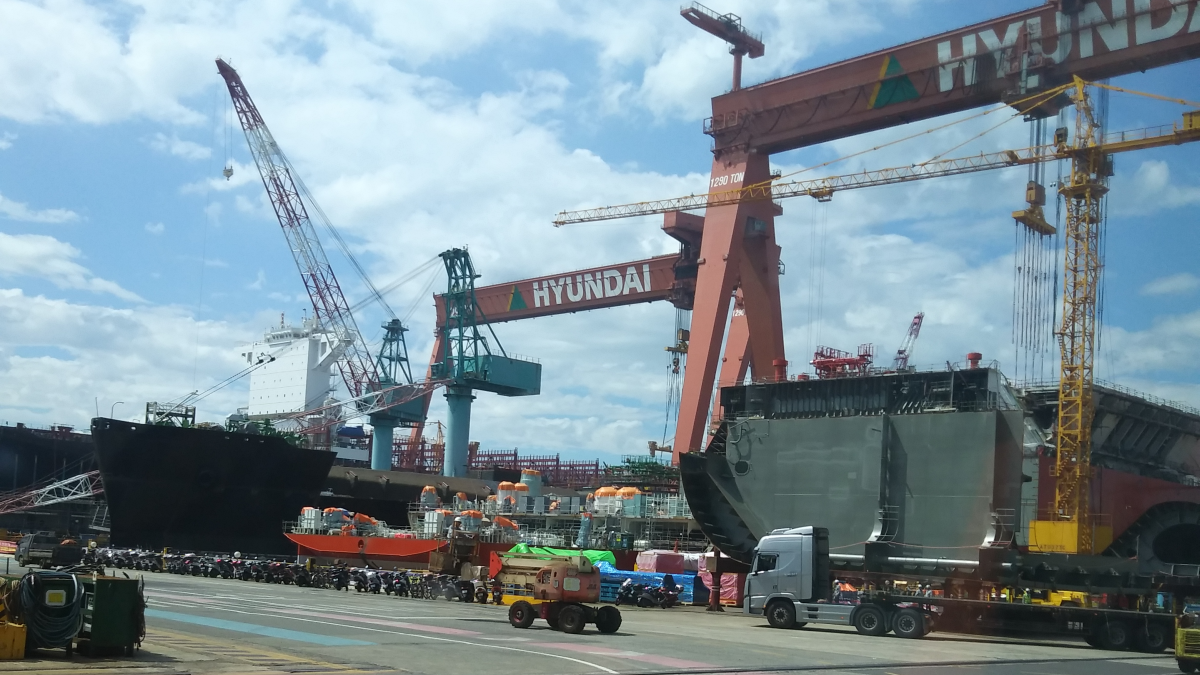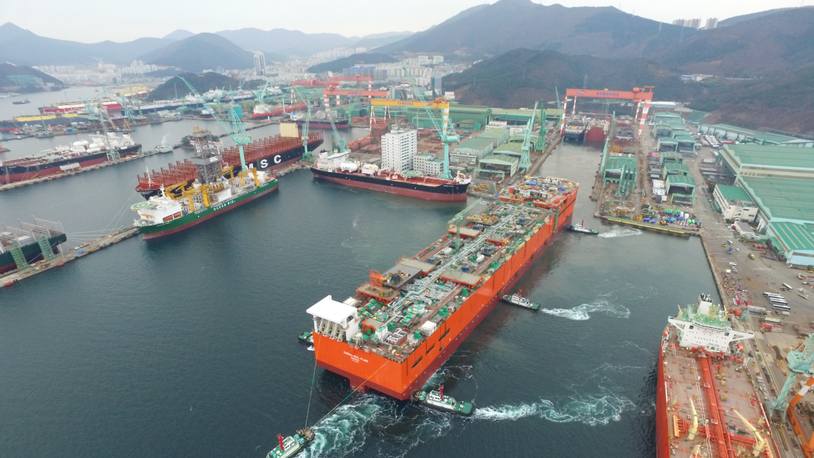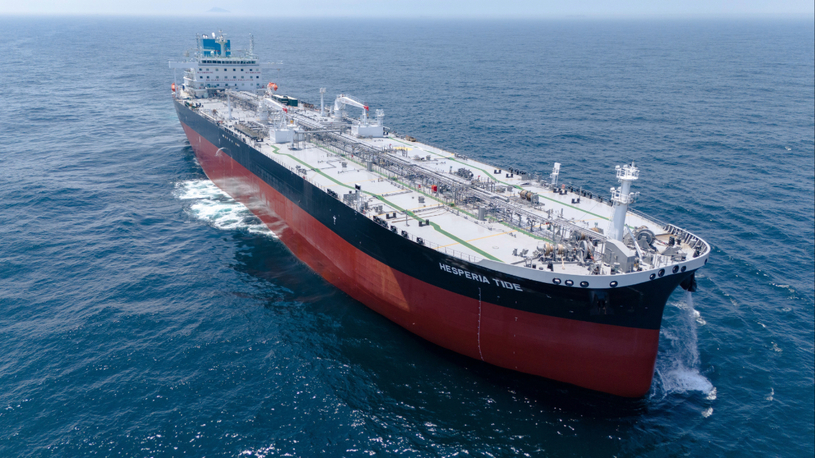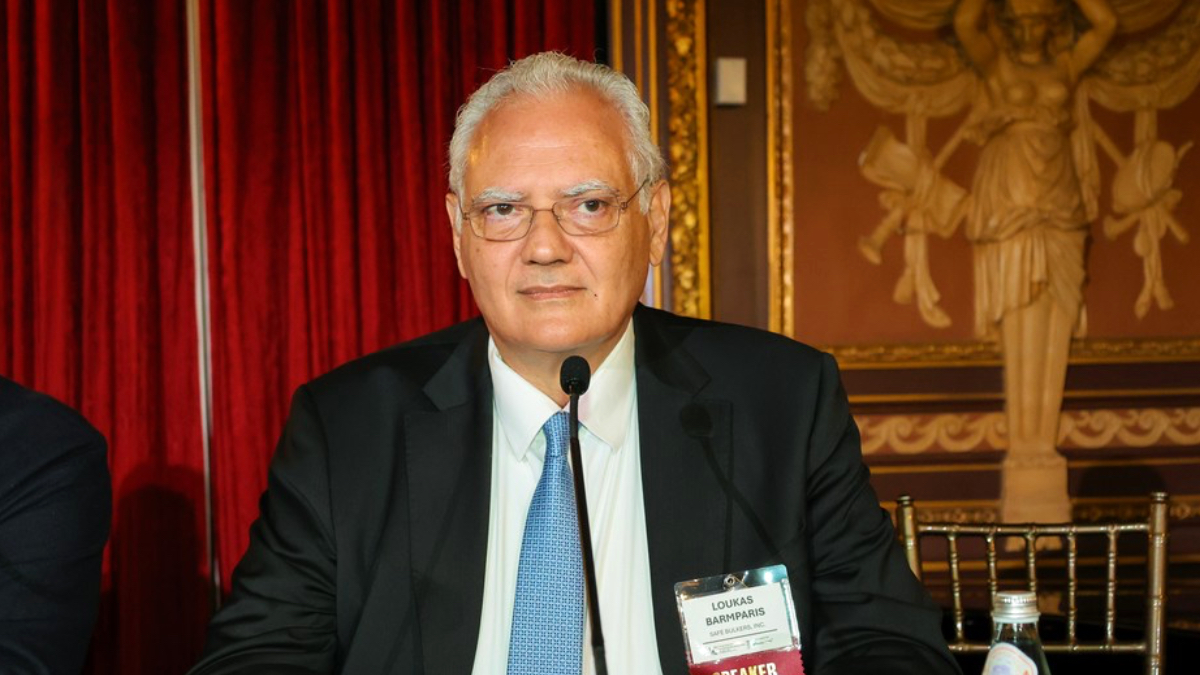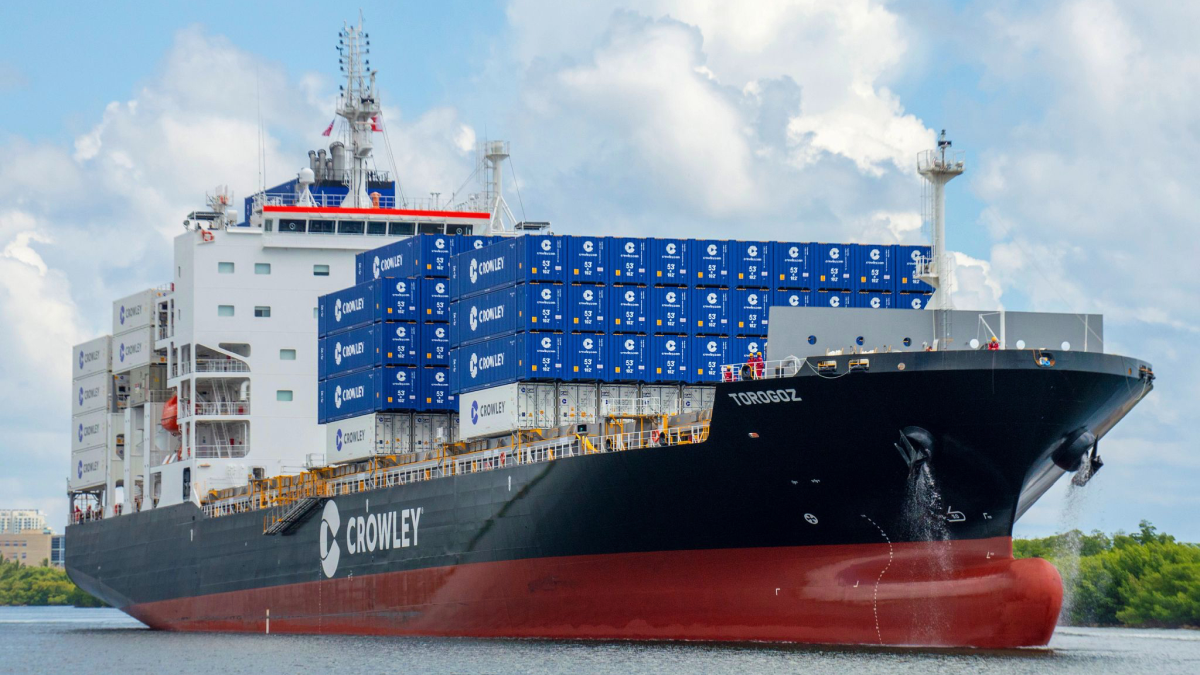Business Sectors
Events
Contents
Register to read more articles.
Russian invasion: bulker hit in Black Sea, US hits Sovcomflot with sanctions
Turkey said a Turkish-owned bulker was hit by a Russian munition while transiting the Black Sea; US sanctions expansion includes Russian shipping interests
During the second day of Russian attacks on Ukraine, a commerical vessel was caught in crossfire and damaged as it transited the Black Sea.
According to a Twitter statement from Turkey’s General Directorate of Maritime Affairs, the Marshall Islands-flagged, Turkish-owned bulker vessel Yasa Jupiter was hit by a ’bomb’ as it transited the Black Sea between Odessa, Ukraine and Romanian waters.
"Upon the information that a bomb hit the Turkish-owned Yasa Jupiter with the Marshall Islands flag off the coast of Odessa, which came to AAKKM, it was learned during the meeting that there was no request for help, the ship was in transit to Romanian territorial waters, there was no loss of life and it was safe," the government authorities said.
The Turkish Government released a photo allegedly showing damage to the vessel’s bridge.
Turkish president Recep Tayyip Erdoğan issued condemnation of Russia’s activities in Ukraine, calling the Russian military invasion ’unacceptable’ and calling for dialogue to settle the dispute within the bounds of the Minsk agreement international treaty.
"I have reiterated to [Ukrainian president] Zelenskiy, with whom I have just spoken, that Turkey supports the struggle Ukraine wages to protect its territorial integrity. We will do our part for the safety of life of everyone living in Ukraine," President Erdogan said.
In its country threat assessment published 24 February, maritime security advisory firm Dryad Global assigned a ’severe’ risk level to the areas waters, following on the back of London’s Joint War Committee’s listing of the Black Sea and Sea of Azov for the purposes of insurance premiums.
"The current risk to commercial operations in Ukrainian [waters] is assessed as SEVERE due to the Russian blockade of the port of Odessa and due to the potentiality for a blockade of the Kerch Strait and Sea of Azov," Dryad Global’s report said.
The severe category advises of the high likelihood of incidents expected in the region on a weekly basis.
"The current risk to commercial operations in Ukrainian [waters] is twofold and stems primarily from the Russian naval blockade of the port of Odessa as well as from a potential Russian blockade of the Kerch Strait which would effectively block all maritime traffic to and from Ukrainian ports in the Sea of Azov. At this time, Dryad advises all vessels to avoid maritime operations in the Sea of Azov," Dryad Global said.
The Baltic Exchange on Thursday posted decade-high rates for its dirty tanker index (BDTI), a major barometer for crude shipping rates, for the Black Sea and Baltic regions.
Also on Thursday, the US’ Treasury department and the White House announced an expansion of sanctions targets that included Russian shipping interests and banks that finance Russian shipping.
Among the entities affected were Russia’s largest maritime and freight shipping company, Sovcomflot (Joint Stock Company) and Gazprom, which released a statement saying "Russian gas for transit via Ukraine as normal, in line with requests from European consumers," according to Platts Global.
A White House statement said the debt and equity restrictions contained within the sanctions will cut capital and revenue available to the Kremlin.
"New debt and equity restrictions on 13 of the most critical major Russian enterprises and entities. This includes restrictions on all transactions in, provision of financing for, and other dealings in new debt of greater than 14 days maturity and new equity issued by 13 Russian state-owned enterprises and entities: Sberbank, AlfaBank, Credit Bank of Moscow, Gazprombank, Russian Agricultural Bank, Gazprom, Gazprom Neft, Transneft, Rostelecom, RusHydro, Alrosa, Sovcomflot, and Russian Railways. These entities, including companies critical to the Russian economy with estimated assets of nearly US$1.4Tn, will not be able to raise money through the US market — a key source of capital and revenue generation, which limits the Kremlin’s ability to raise money for its activity," the White House statement said.
Sanctions from the United Kingdom include individuals linked to energy firm Gazprom, including Boris Rotenberg, a co-owner of SMP Bank and his nephew Igor Rotenberg, who controls transport businesses in Russia. The UK’s sanctions also include the United Shipbuilding Corporation, the largest shipbuilding entity in Russia, which takes on contracts for maintenance and building of Russian warships, but also operates in the offshore oil and gas sector.
Riviera Maritime Media will provide free technical and operational webinars in 2022. Sign up to attend on our events page
Related to this Story
Events
Offshore Support Journal Conference, Americas 2025
LNG Shipping & Terminals Conference 2025
Vessel Optimisation Webinar Week
© 2024 Riviera Maritime Media Ltd.


